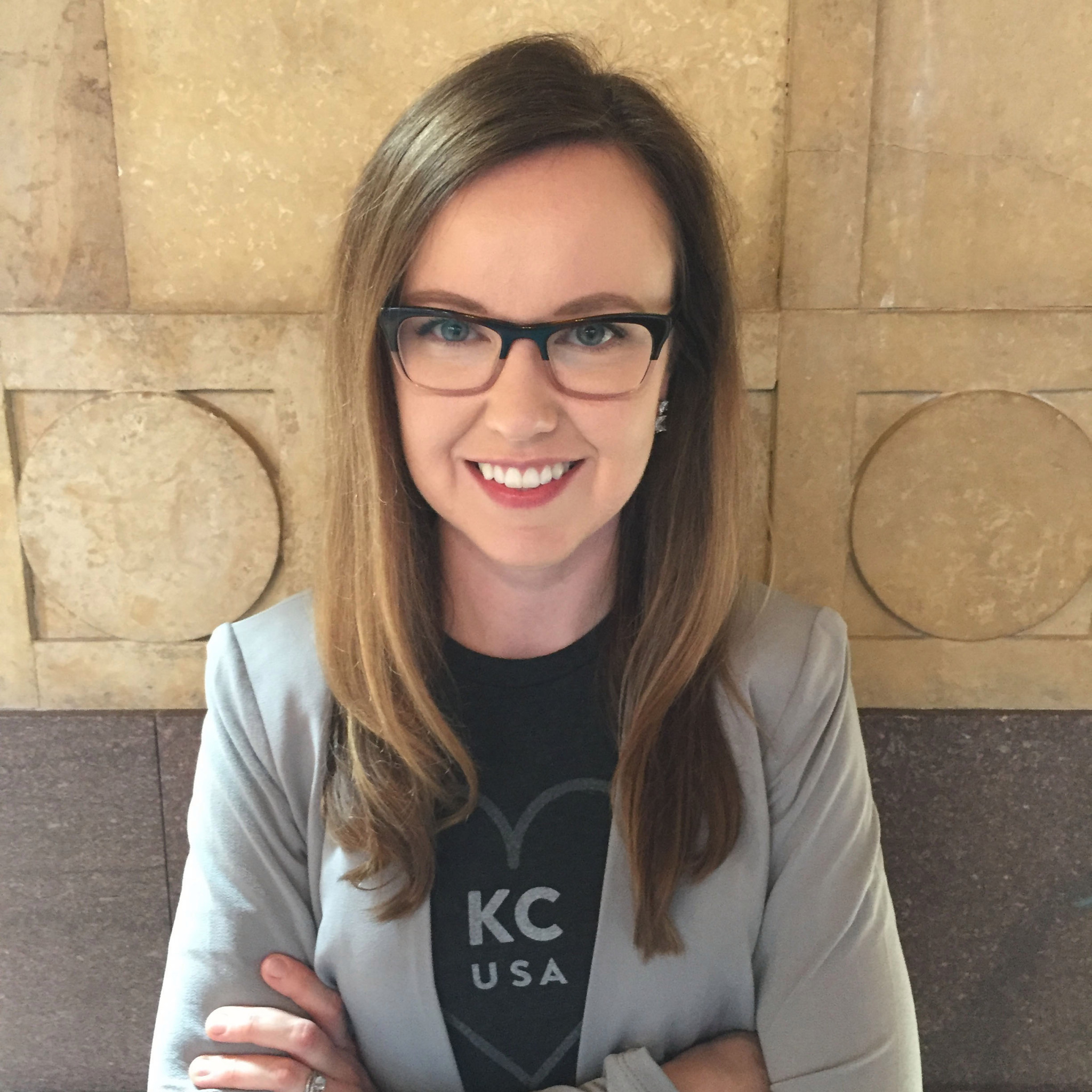Interview with Dr. Meredith Poore Harold of The Informed SLP

Meredith Poore Harold, PhD, CCC-SLP is a scientist and clinician, working to find realistic solutions for implementing our field’s best research in clinical practice. She is an Assistant Professor at Rockhurst University in Kansas City, where she supports future clinicians. She is also the founder and owner of The Informed SLP, a website dedicated to connecting clinicians and scientists with each other’s work.
Note: You should consult with your doctor or speech pathologist for recommendations on treatment. The views and opinions expressed in this article are those of Dr. Meredith Poore Harold and do not necessarily reflect the official policy or position of SpeechPathologyMastersPrograms.com
What inspired you to start the Informed SLP?
I earned my PhD before I had any clinical experience at all, which is a pretty atypical path for our field. I think that experience gave me a really unique perspective once I started working as an SLP (post-PhD). Because I knew how to find and read research, I think I was able to see the barriers with some clarity. Clinicians often make the mistake of assuming that keeping up with the research is hard for them (personally) because they’re not competent enough — not good enough at finding and digesting the evidence. However, not only is it not that simple, but it’s also often not the case. There are monumental barriers between journal articles and clinical practice. I started The Informed SLP as a way to jump some of those barriers, and make it easier for clinicians to get their hands on the research evidence that they and their clients desperately need.
What do you hope your readers get out of your posts?
The biggest thing we do for members of The Informed SLP is find research articles that are applicable to clinical practice, then tell clinicians what is contained within. After reading or listening to our reviews, clinicians can quickly select what evidence may be useful for their clinical practice, then dig deeper as needed. Our task is to eliminate as many time and cost barriers to the clinician as possible.
When were you first introduced to the importance of evidence-based practice? Was its importance stressed in your graduate program?
I was a PhD student before I was an SLP. I was (and am) obsessed with our science. So I’m not a good person to ask that question, ha! I have a biased memory of the emphasis on research while I was a graduate student, because I spent so much time in research labs.
What areas of speech-language pathology would you say are most in need of more evidence-based treatments? Are there evidence-based treatments that aren’t being used enough?
ALL areas of our practice are in great need of improving the application of research for evidence-based practice. And this isn’t unique to our field — PTs, OT, teachers, and other health and education professionals struggle with many of the same research barriers that we do. One area I’d like to see *both* more research on and more clinical application of the research we do have, is in the treatment of language disorders. Compared to the treatment of speech sound disorders, many of us are dropping the ball here.
You talk a lot about time constraints being a big factor in why SLPs do not explore new evidence-based methods of practice. What is the best way to fit learning more into your schedule as an SLP?
Use things like The Informed SLP and ASHA’s Evidence Maps, which both help save time in finding good evidence! In both the members-only section of The Informed SLP, and on the open-access blog, we regularly point SLPs toward some of the best resources available.
What are your favorite resources for new speech-language pathology research?
Oh, it all lies in the journals! You can get info from textbooks and CEUs and (reliable) blogs, but the primary source is always the journal articles. Our research team combs through tons of journals every month, looking for clinically useful things for SLPs.
Do you have any advice for current SLP students?
Save your notes from class. Save your textbooks. A lot of the things your professors tell you now will become much more valuable to you after you have a couple years’ practice under your belt! As a student it’s hard to picture what you’re learning as applicable. But as soon as you’ve had many clients, you start to see the utility of all that stuff that was just “information” to you as a student!

